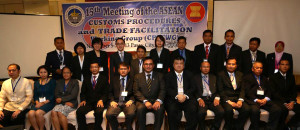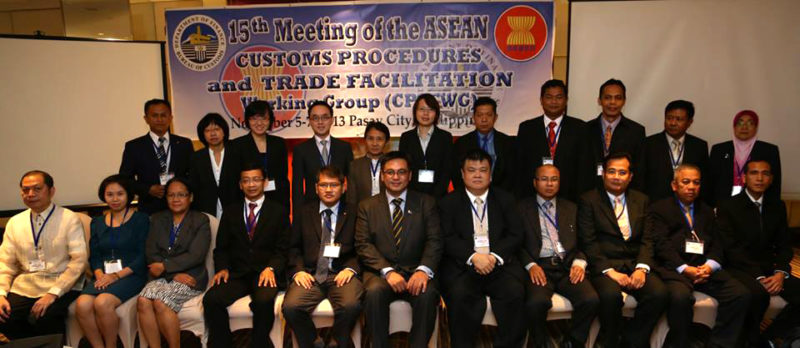
THE importance of the ASEAN Single Window (ASW) was underscored by Philippine Customs Commissioner Rozzano Rufino Biazon at the recent opening of the 15th Meeting of the ASEAN Customs Procedures and Trade Facilitation Working Group (CPTFWG) in Manila.
Biazon said ASW will benefit ASEAN members through accurate and timely revenue collection; integrated and structured approach to supply chain security; alignment of risk management activities; more effective and efficient deployment of resources; correct revenue yields; and improved trader compliance.
Stakeholders in turn will reap the following: accelerated clearance and release; reduced cost of clearance; process transparency; efficient use of resources; and single transaction interface.
The CPTFWG serves as the think tank and workhorse in the realization and fulfillment of the ASEAN Agreement on Customs, particularly in the formulation of ASEAN customs procedures and formalities, application of information and communication technology by customs, and enabling partnerships with customs stakeholders.
On March 30, 2012, high-level representatives of each of the ASEAN member countries signed the ASEAN Agreement on Customs, a document that embodies the vision and aspirations of a region that over the decades since the creation of the organization, has made itself influential in the global environment.
The agreement was in pursuit of realizing the goals of the ASEAN Economic Community (AEC), which will transpire in 2015.
Biazon noted the importance of the participation of the private and business sectors in the establishment of the AEC, adding that he is “looking forward to the appreciation by the business sector of our progress in the implementation of the strategic plan on Customs development.”
He added that the outcome of the working group may serve as “catalyst for the change that will bring forth the economic development envisioned by ASEAN.”
The meeting was represented by 23 delegates from Singapore, Brunei, Cambodia, Indonesia, Malaysia, Thailand, Vietnam, the Philippines and the Asean secretariat. There were no delegates from Laos and Myanmar.





